THE annual Indian Television Academy (ITA) Awards has enjoyed huge success since it was founded in 2001 by Anu Ranjan and Shashi Ranjan.
It has helped Indian television grow globally since its inception by honouring the industry’s best talent, from technicians to actors, and providing a trusted platform on par with major film awards. The leading award ceremony entered its 21st year this month by awarding excellence in TV and on the web space.
Eastern Eye caught up with Anu Ranjan to discuss her ITA awards, big Indian TV boom and importance of being unbiased.
How do you look back on your ITA awards journey?
The journey hasn’t been easy, but with the constant support of our team and peers from the industry, which we have received over the years, our initiative to recognise the talents has been a smooth sail.
What has been the most memorable moment?
Every year we look forward to organising/hosting the event to create new memories to cherish for a lifetime. It would be hard to label any one moment, but if I have to give an answer, a most memorable moment for the ITA family would be when we expanded our horizons and hosted the 19th ITA Awards in Madhya Pradesh, which was the very first time it was not organised in Mumbai.
Are you surprised with how fast the Indian TV industry has grown since you founded the awards?
Frankly speaking, the TV industry growth is not surprising at all. I firmly believe that change is the only constant and with time everyone should change, grow, and evolve. When you introduce something, you foresee the vision and when we first started the ITA Awards, we knew the industry will become big in the near future.
Would you agree that Indian TV is as popular if not more than Bollywood?
Popularity depends upon viewers and their areas of interest, so comparing two mediums such as Bollywood and television will not be fair, for artists and technicians, as both require equal amounts of hard work. Having said that, Indian television has gained popularity and momentum with changing times as even the biggest movie names are looking out to appear on your television sets through various shows.
Why do you think Indian TV and in particular dramas are so loved?
Television brings audiences a step closer to stars they adore, as the artist becomes a regular household name. Also, when you are showing a story in theatres as a film, you are time bound, but in a longer format such as television you can show the story in-depth, and that’s when the show becomes more relatable to viewers.
This year’s ITA ceremony was another big success with star-studded names, performances and awards across film and web space. How important is it according to you to keep the awards trustworthy and unbiased?
This is what the Indian Television Academy awards are known for and our USP. Every year we have our esteemed jury who have their parameters to evaluate nominated entries we receive. We give our esteemed jury a free hand, so their judgement should not be influenced either from our end or any other big production houses/actors. To keep it simple and transparent, we allocate different jury members for different categories. By the end of that process, we give you the top five nominees in every category. For the popular awards, we let the fans/audience decide the winner from the respective categories, so they also feel involved.
What inspires you?
There’s a quote given by Oprah Winfrey, which is, ‘it doesn’t matter who you are, where you come from. The ability to triumph begins with you. Always’. This is what inspire me always!





 An explosive new play that fuses biting satire, history and heartfelt storytellingPleasance
An explosive new play that fuses biting satire, history and heartfelt storytellingPleasance








 Lunchbox is a powerful one-woman show that tackles themes of identity, race, bullying and belongingInstagram/ lubnakerr
Lunchbox is a powerful one-woman show that tackles themes of identity, race, bullying and belongingInstagram/ lubnakerr She says, ''do not assume you know what is going on in people’s lives behind closed doors''Instagram/ lubnakerr
She says, ''do not assume you know what is going on in people’s lives behind closed doors''Instagram/ lubnakerr
 He says "immigrants are the lifeblood of this country"Instagram/ itsmetawseef
He says "immigrants are the lifeblood of this country"Instagram/ itsmetawseef This book is, in a way, a love letter to how they raised meInstagram/ itsmetawseef
This book is, in a way, a love letter to how they raised meInstagram/ itsmetawseef
 The crew of The Ministry of Lesbian Affairs
The crew of The Ministry of Lesbian Affairs
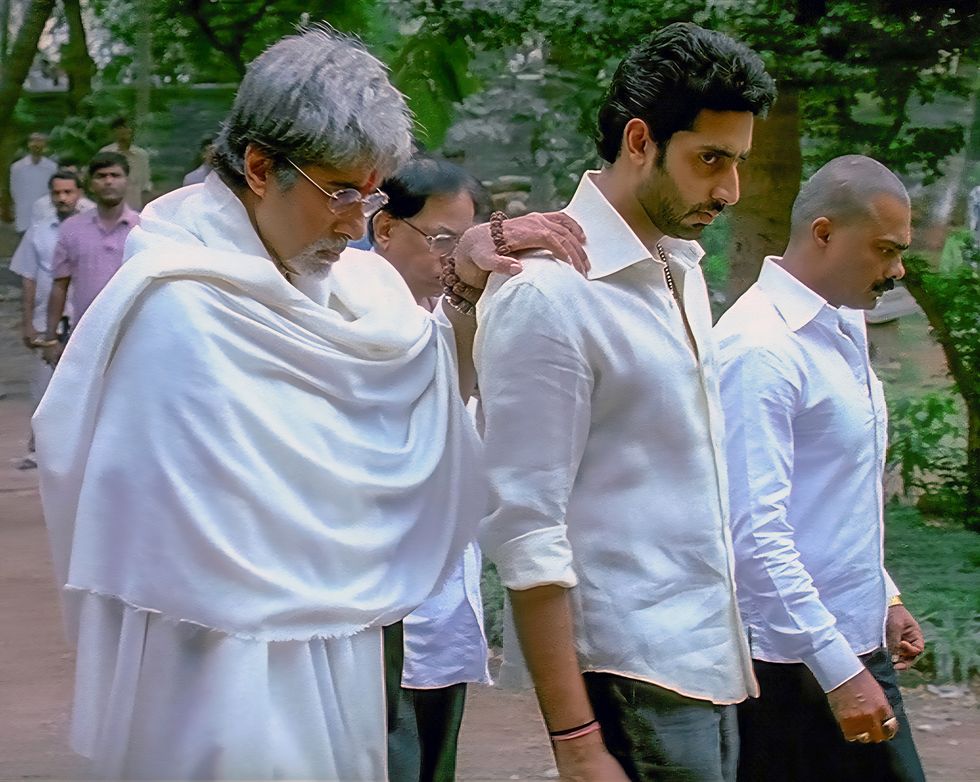 A still from Sarkar, inspired by 'The Godfather' and rooted in Indian politicsIndia Glitz
A still from Sarkar, inspired by 'The Godfather' and rooted in Indian politicsIndia Glitz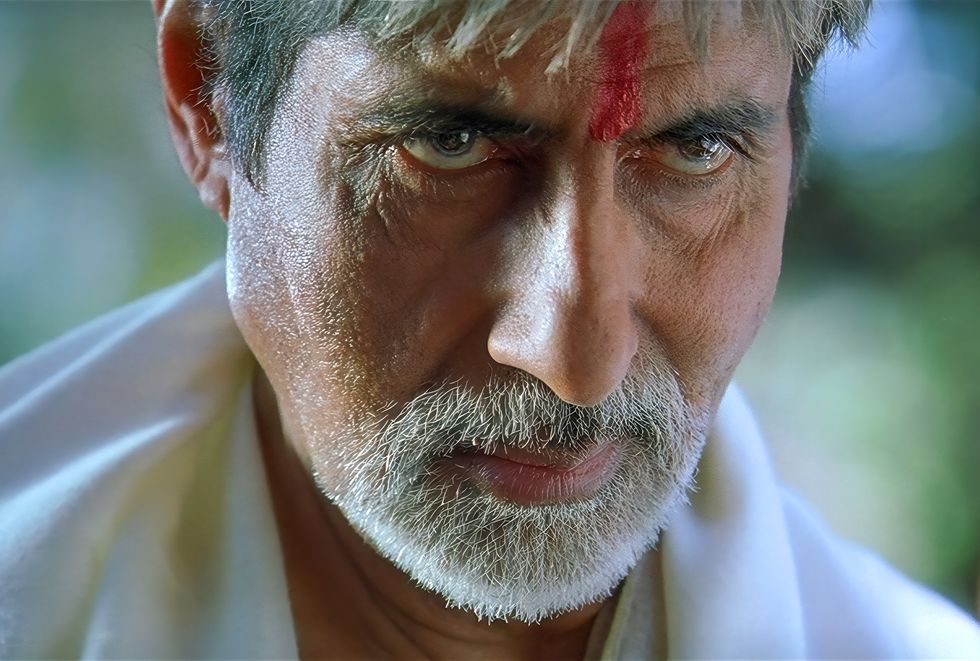 Sarkar became a landmark gangster film in Indian cinemaIndia Glitz
Sarkar became a landmark gangster film in Indian cinemaIndia Glitz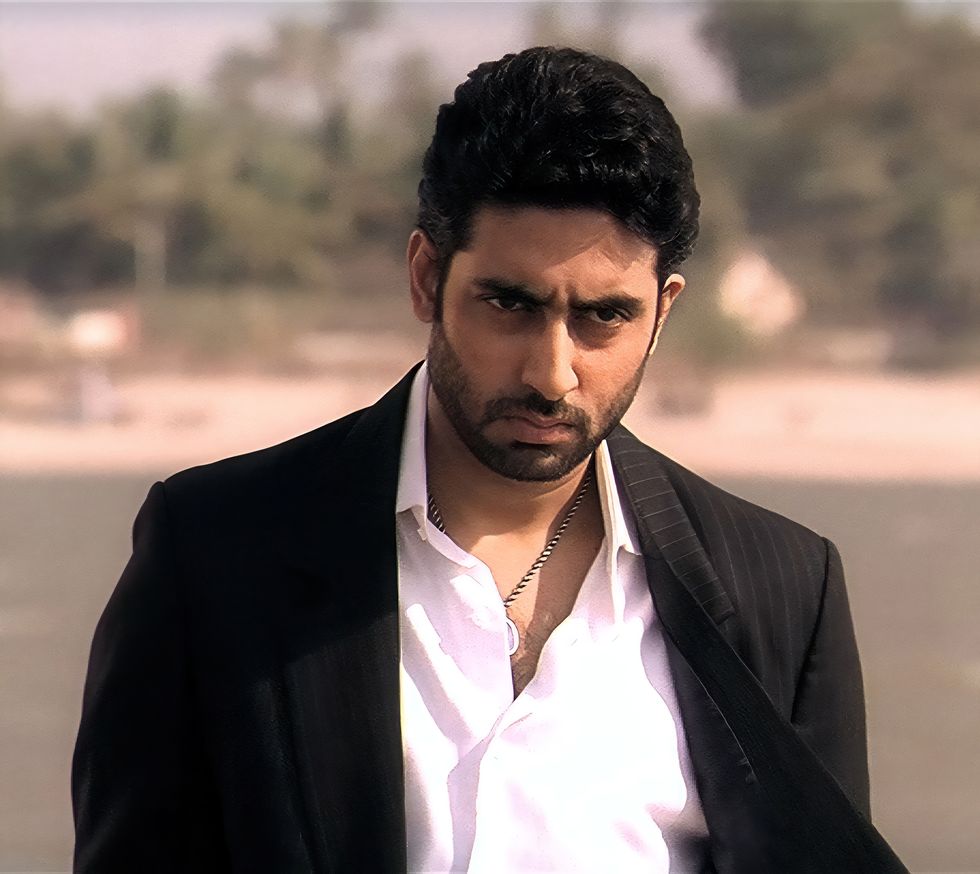 The film introduced a uniquely Indian take on the mafia genreRotten Tomatoes
The film introduced a uniquely Indian take on the mafia genreRotten Tomatoes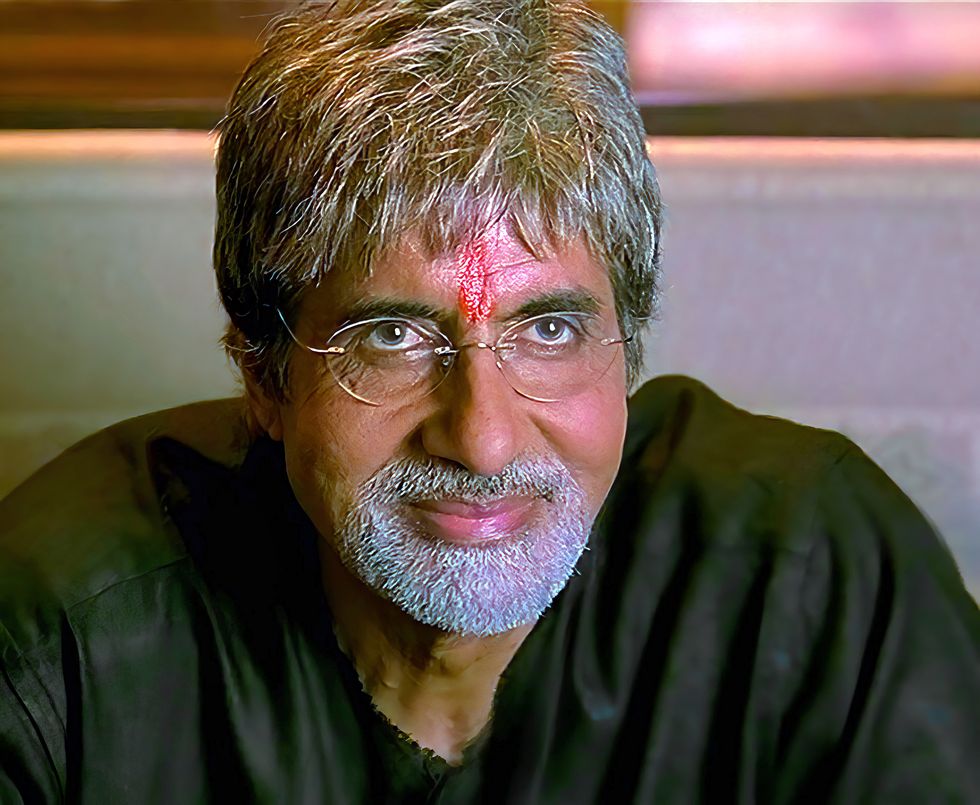 Set in Mumbai, Sarkar portrayed the dark world of parallel justiceRotten Tomatoes
Set in Mumbai, Sarkar portrayed the dark world of parallel justiceRotten Tomatoes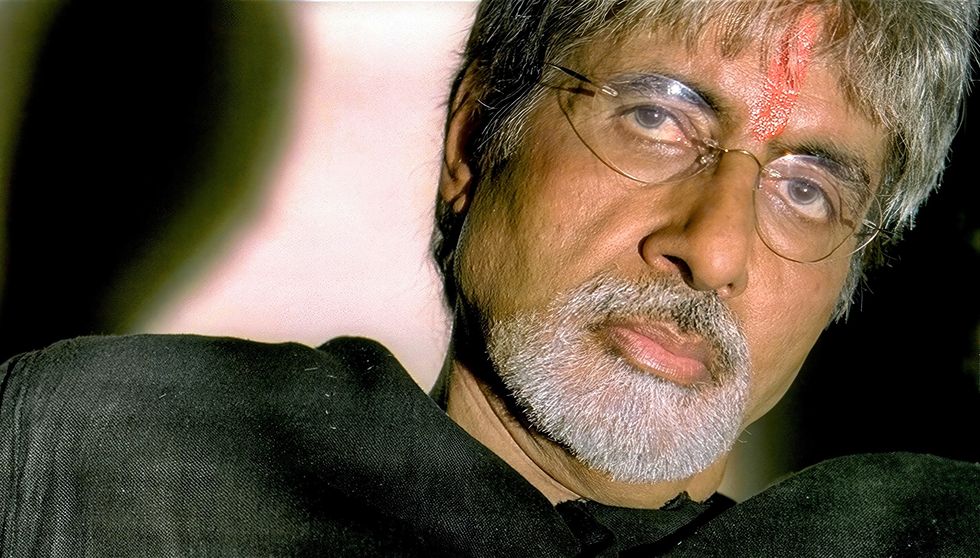 Ram Gopal Varma’s Sarkar marked 20 years of influence and acclaimIMDb
Ram Gopal Varma’s Sarkar marked 20 years of influence and acclaimIMDb
Police may probe anti-Israel comments at Glastonbury